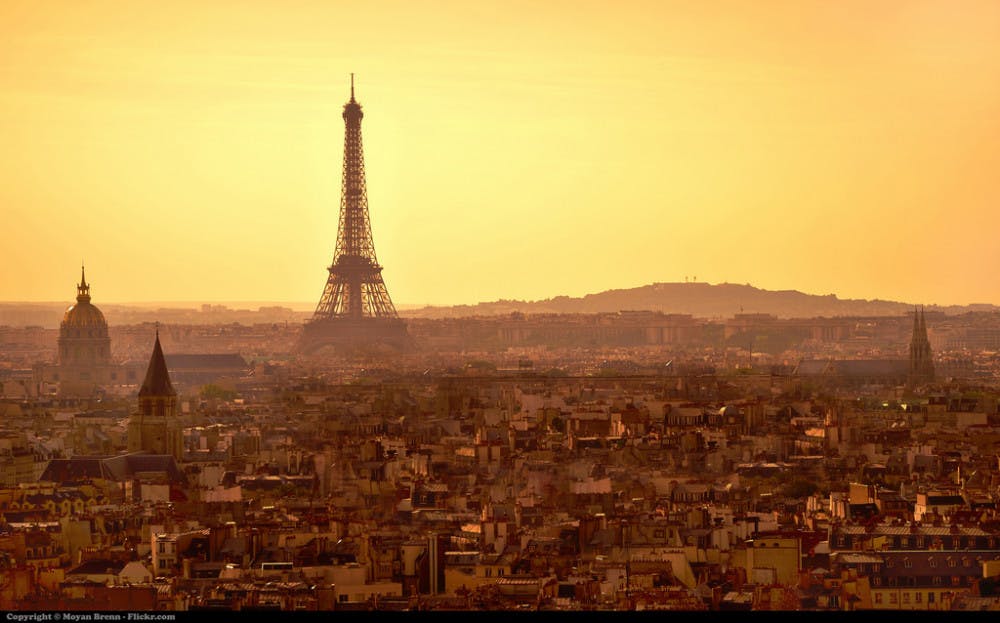On Monday, a French court determined a police officer should go to trial and face charges of rape.
The decision comes after weeks of often violent rallies, sparked by “L’Affaire Théo”: the February 2nd arrest of Théo Luhaka, 22, which resulted in surgery and a hospital stay. Three police officers involved were accused of unnecessary violence and one was under investigation for alleged rape.
The trial Monday saw a previous, similar case be recalled to court, and the municipal police officer involved be sent to an assizes court –a court designed for cases involving felonies, and the only French court to conduct trial by jury– to face charges of rape.
On October 29, a man, identified only as ‘Alexandre’, then 27, was arrested in Drancy, a suburb of Paris. In the process of the arrest, he alleged a police officer thrust their baton into his anus; a 1.5-centimeter open wound, attributed to the officer’s actions with the baton, was later discovered by doctors. In a trial the following January, charges of rape were denied for the officer involved.
Monday’s trial concerned this previous case, but it is tied closely to “L’Affaire Théo.”
Oana Panaïté is an associate professor of French and director of graduate studies (French/Francophone studies) in Indiana University’s Department of French and Italian.
Panaïté described how recent events caused this case from 2015 to gain more attention, especially since Luhaka’s arrest was caught on video and Alexandre’s was not. This put a spotlight on police brutality in France, and caused a deeper investigation into the evidence present in the October 2015 case.
“The French court has tasked the prosecution with an investigation that could ultimately carry a harsher penalty for the policeman, and therefore hold the French police more accountable for such actions,” Panaïté said.
These two cases have been compared in news coverage to American instances of police brutality, and the subsequent riots have been likened to the Black Lives Matter protests. Similar to President Obama’s calls to address inherent biases in American society, French President François Hollande visited Théo in the hospital and called for justice.
“This similarities with cases of police brutality in the US lie in the fact that these events typically occur in socio-economically disadvantaged suburbs,” Panaïté said. “They follow a pattern that has long been both denounced and justified by politicians and the press, depending on their political and cultural leanings. In recent decades, riots precipitated by cases of police violence have not gained the sympathy of the French public, and have even split the supporters of the fight against discrimination and police abuse."
“The larger question is how these incidents of police brutality, their media representation, and their legal resolution tie into the current French and international climate of immigration, islamophobia and populism.”





